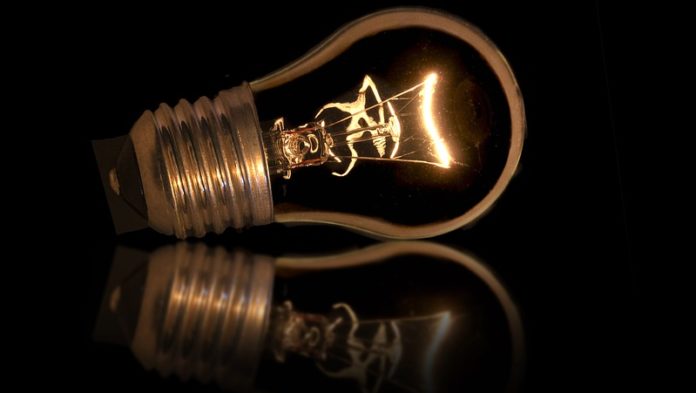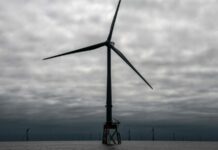
SOUTH African power utility, Eskom, did not believe the sale of its coal-fired power stations was “the way to go”, said Bloomberg News citing the comments of a government panel which had recently completed a visit to two of the facilities: Medupi and Kusile.
“We have posed a question to Eskom on the sale of Kusile,” Mkhuleko Hlengwa, the chairman of parliament’s public accounts committee, told reporters in Johannesburg. “The responses that we have received is that they don’t believe, on the basis of the work that they have done, that the sale of Kusile or any of their assets would be the way to go.”
A proposal to sell Kusile and Medupi was submitted by the National Treasury in a wide-ranging report which examined ways in which South Africa could stimulate the economy, set to grow at only 0.6% this year.
According to the report, which was signed off by finance minister, Tito Mboweni, Eskom might be able to fetch R450m for the two power stations which would cancel its total gross debt, the interest on which it is struggling to pay.
Kusile is expected to be completed by 2023 at a cost of R161bn, and Medupi next year or in 2021 at a cost of R146bn, said the newswire. When the projects were first announced in 2007, it was projected that Medupi would be finished in 2012 and Kusile two years later and the combined cost would be about R150bn.
“The project from inception was not conceptualised properly,” Hlengwa said. “It is evident that corruption has taken place. There’s no running away from that if you look at the cost escalations, the contract management,” he said.
“Restructuring the electricity sector will limit the fiscal and economic risk that Eskom poses and support economic transformation through more entrants into the electricity space,” the National Treasury said in its report.
At the end of last month, Eskom reported a net loss of just over R20bn, with its debt ballooning to R441bn from R389bn in 2017/18.
Even if Eskom supported the notion of selling part of its generation fleet, the proposal would have to pass muster with South Africa’s unions which are already against plans to split Eskom into three entities.
Mineral Resources and Energy Minister Gwede Mantashe said last week that “… the unions are going to get behind the plan (to restructure Eskom)”, as “[the government] has a duty to do what is right for the country more than what is right for the unions and workers”.
“We must do what can save the economy, what can save the country,” he said in an interview on Bloomberg TV.











